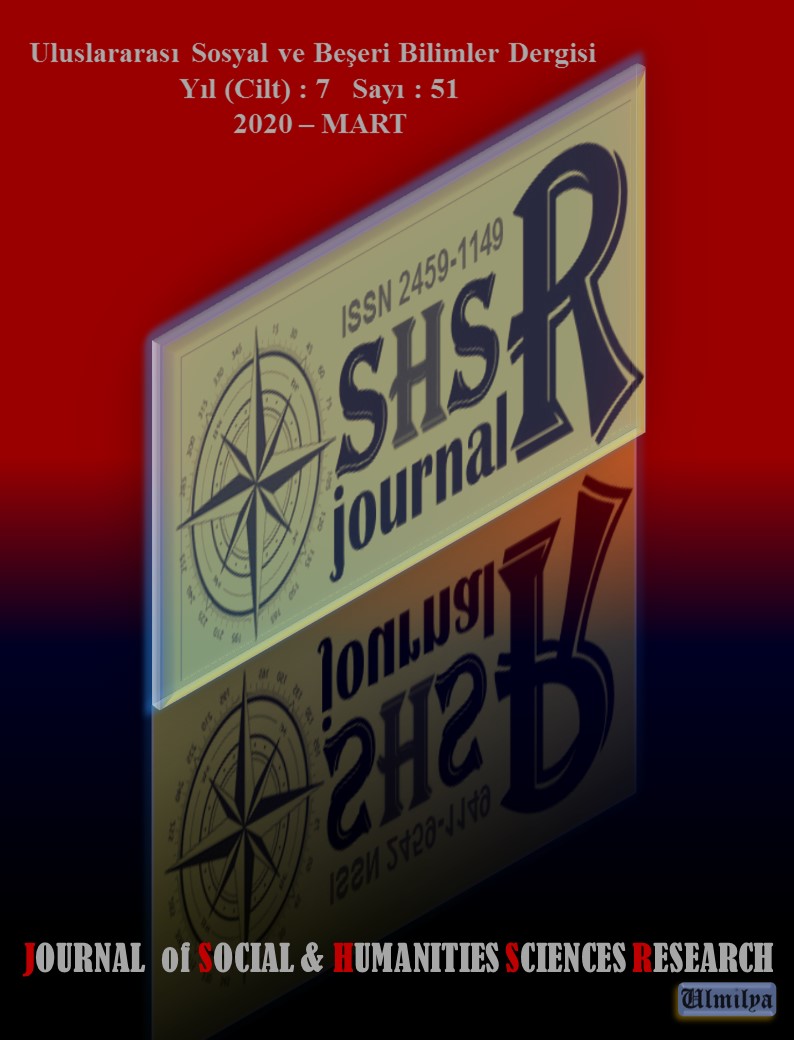THE EFFECT OF MASS CULTURE ON TRADITIONAL TURKISH SWEET CULTURE: NEW GENERATION LOKMA DESSERT IN INTERNET MEDIA
DOI:
https://doi.org/10.26450/jshsr.1780Keywords:
Mass Culture, Turkish Dessert Culture, Change, Internet Media, Lokma DessertAbstract
In this study, it is aimed to reveal the traditional Turkish dessert culture, which has been changed with the effect of mass culture, in the example of a Turkish lokma dessert (ya da doughnut). The other purpose of the study was to introduce traditional lokma dessert and explain its social function. In the study in which qualitative research method was applied, document analysis was performed to obtain data. In order to determine the documents to be examined, a search was made on the internet between the dates of 01.12.2019- 31.12.2019 using the keywords "New generation lokma dessert" or "Lokma dessert". As a result of the screening, Milliyet, Habertürk, Gerçek Gündem, Oda TV, My Net, Pazarlamasyon and Marketing Türkiye sites, which can form an agenda and public opinion, were selected with the sampling method for written and visual texts that appeared in accordance with the purpose of the study on these sites. In addition, the websites of companies established as new generation lokma desserts were also examined in the study. Descriptive analysis was applied to the data obtained within this scope and explained by dividing themes. As a result of the study, it has been revealed that traditional desserts, which are made and distributed for special occasions in palaces and houses, have turned into a commodity as an industrial product. It has been concluded that the dessert, which has been modernized by changing the shape and taste, has turned into a fun and hedonist understanding of food, reflecting the western food style, thus triggering a change in the traditional dessert culture by first affecting the youth and then the society. In this transformation, it has been determined that internet media, which is an important tool of mass culture, keeps the subject on the agenda and constitutes a public opinion. The study is important in terms of revealing the effect of mass culture and media on traditional dessert culture and contributing to the culinary culture literature.
Downloads
Published
How to Cite
Issue
Section
License
Copyright (c) 2020 INTERNATIONAL JOURNAL OF SOCIAL HUMANITIES SCIENCES RESEARCH

This work is licensed under a Creative Commons Attribution 4.0 International License.


